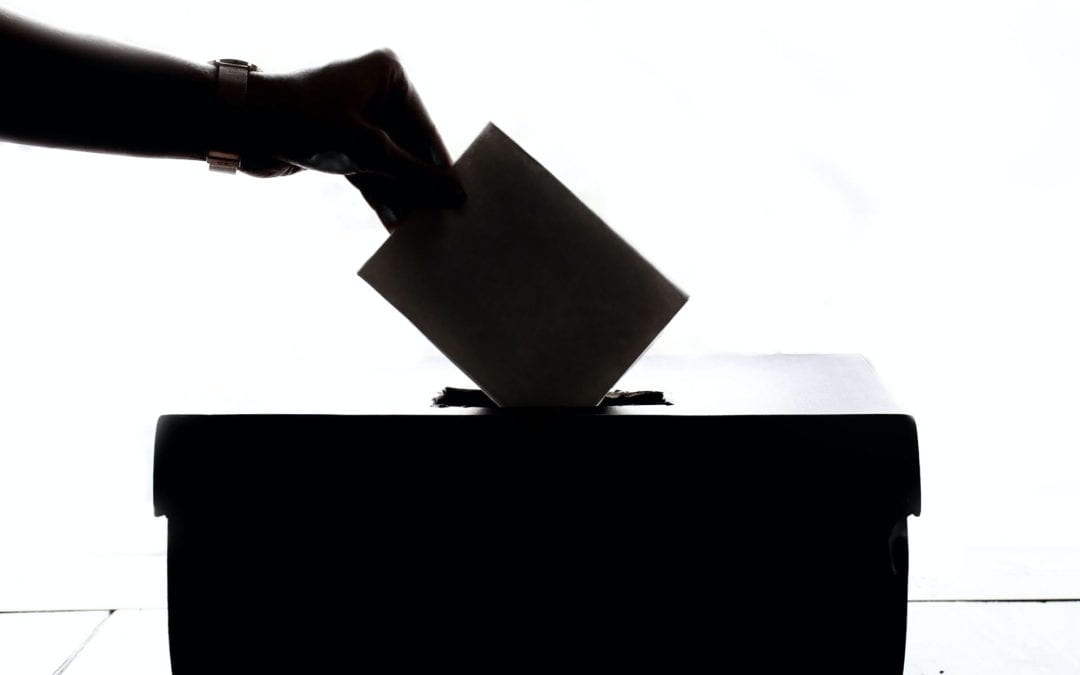By Victoria Woodman
Evidence from countries that have reduced their voting age from 18 show that enfranchising 16-to-17-year-olds fosters political engagement and interest
Opinion: Voting is a civic right, but every democracy limits who can vote. These limits vary across time and place. Historically, New Zealand was considered something of a democratic pioneer, having had, as the historian Neill Atkinson put it, many “adventures in democracy”.
Since 1852, we have limited the right to vote by gender, residence, property, miner’s right, and suchlike. Over time, we generally expanded the franchise, and added safeguards for some rights. Age is another limit we employ, and that too has expanded over the years. We reduced it from 21 to 20 in 1969, and then again to 18 in 1974.
On Monday, November 21, the Supreme Court made a declaration that, among other things, the provisions of our Electoral and Local Electoral Acts which prevent 16-to-17-year-olds from voting are inconsistent with the right to be free from age-based discrimination in the Bill of Rights Act. Soon after, the Government announced it would draft legislation to lower the voting age.
Unfortunately, the voting age debate has been captured by inflammatory and unhelpful arguments. One example is the contention that young people are too underdeveloped, and lack the independence of thought, and life experience, to exercise an informed electoral choice. There are also the selective comparisons with other rights and countries, and assertions that there is no need for change, or reason to prioritise it.
Of course, there is not an objectively “correct” age at which to grant the right to vote, so we can’t simply search for and identify what that age is. There is a degree of arbitrariness in every age limit. As ‘Gentleman Jack’ Marshall put it in the 1969 debate on lowering the voting age to 20: “the age of 21 … has no particular magic for voting purposes”.
The same could be said of 18 or 16. Whether you prefer a voting age of 18 or 16, you can make comparisons with other civic and non-civic rights or obligations, and to the voting age in other countries. These comparisons work equally well for both sides of the debate, though. Also, as the 1986 Royal Commission noted, justifications based on comparison are not eternal: changing social and legal conditions mean that people once regarded as “naturally excluded” from certain citizenship rights become “just as naturally … taken for granted as being full citizens”.
Some age limits undeniably perform vital social and legal functions, and might be justifiable. Age could be a proxy for maturity, knowledge, or experience, for example, but as someone who has taught university-level New Zealand politics to thousands of young (and not-so-young) people, I can assure you age is not a straightforward indicator of a person’s capacity to exercise an informed vote.
Moreover, those who assert maturity or political comprehension alone are good justifications for limiting voting rights might like to consider whether, by their own argument, they should take away many adults’ voting rights. Development is gradual, so maturity and comprehension can’t be our only point of reference.
Some may argue young people are unduly influenced by the adults around them – conservative parents, or ‘lefty’ teachers, for example. But we are all products of the influences to which we are exposed; this is not particular to young people. In fact, research suggests educated and enfranchised younger people can exercise their own influence over adults. Young people are not just passive receptacles for other people’s political opinions.
Of course, some may quip: “If 16, why not 14? Why not three?” This debate touches on New Zealand’s particular right to age-based non-discrimination from the age of 16. Thus-far, we haven’t established that the current voting age is a reasonable limit on these protections. As a friend said, it isn’t that a “Make it Three” group is trying to make the case for the competence of the average three-year-old.
We should also remember that just because something is currently “fine”, it isn’t an argument it can’t be better. That other issues exist doesn’t preclude us from considering this one. New Zealand won’t be a democratic pioneer if we lower the voting age, but that means we can look to research from other countries to inform our deliberations. Evidence from places that have reduced their voting age from 18 indicates that no harm is done by it. If anything, enfranchising 16-to-17-year-olds and educating them in civics tends to foster political engagement and interest.
Earlier political socialisation is also habit-forming, and may lead to long-term improvements in voter turnout and civic attitudes. If we value cohesion, turnout, and engagement, we should take this seriously. Moreover, the role and policy of government should be, as Jack Marshall said of his own government in 1969, to “encourage young people in our society to a greater extent”. This should be as true today as it was 53 years ago.
Victoria Woodman is a doctoral candidate with the Faculty of Arts, and teaches at the Public Policy Institute, Faculty of Arts, University of Auckland.
This piece was originally published on Newroom’s Ideasroom on the 26th of November 2022 and is re-published here with permission.

